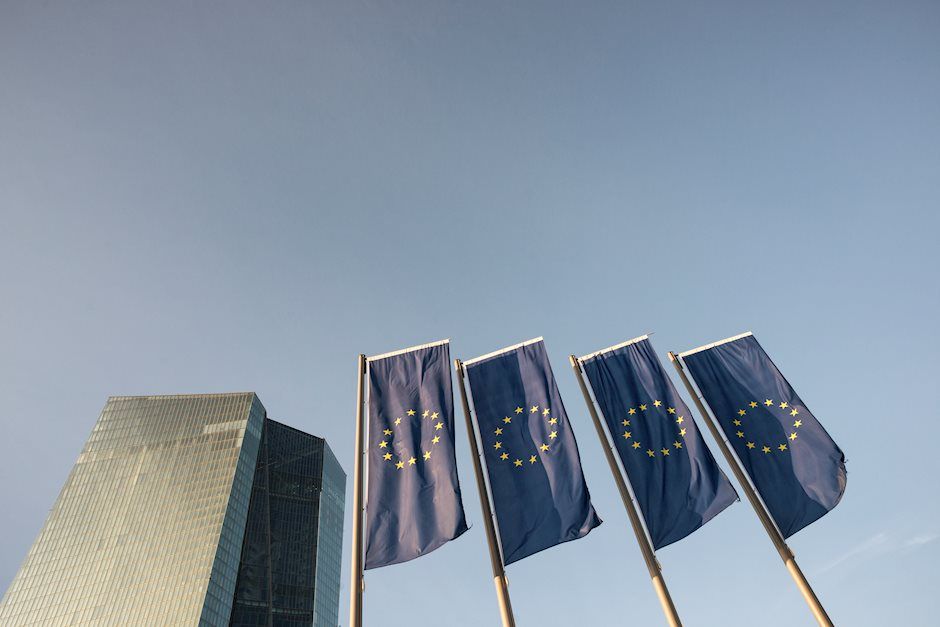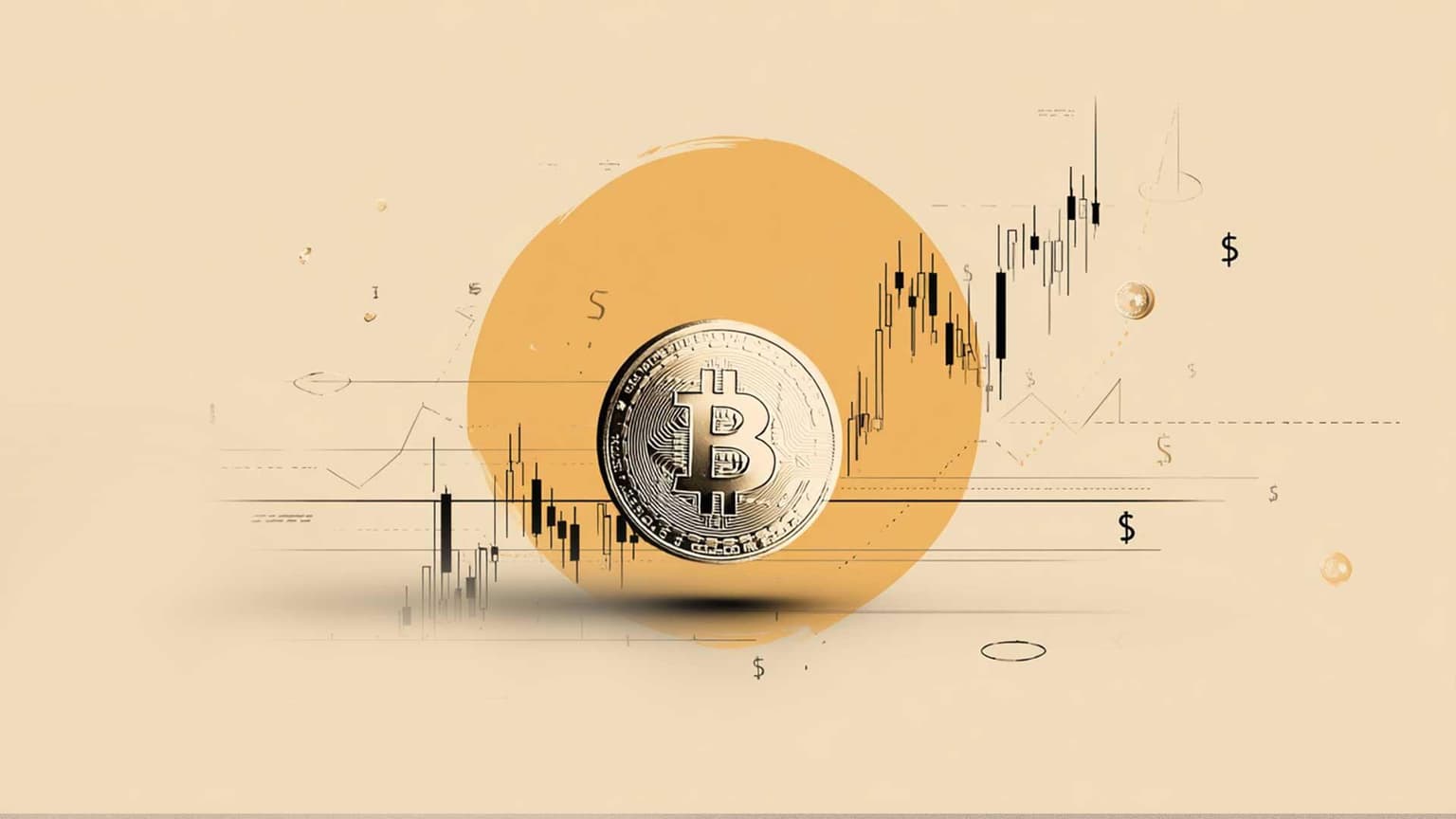ECB to signal “favorable” yield levels to markets

This week, the accounts of the latest Governing Council meeting on monetary policy were published. While there was nothing new in the monetary policy stance, the meeting minutes contained important clarifications regarding implementation through securities purchases.
In response to the rise in yields in February, the Governing Council had announced in March a significant increase in securities purchases for the coming (second) quarter. Neither the extent of the increase nor what it was intended to achieve was quantified. The market could only orientate itself on the decision in December. At that time, the board had committed itself to ensuring favorable financing conditions. Again, there was no quantification. Only that "favorable" would depend on the inflation outlook.
The accounts of the most recent meeting stated that the Governing Council's aim in December was to counteract any unwarranted, premature tightening of financing conditions. What it was not about was setting yield targets for the bond market. However, a hint as to where the ECB Governing Council would like yields to be was then added. It was said that, as long as the inflation outlook remained unsatisfactory, the Governing Council would have to maintain financing conditions close to December levels. This gave the market an indication of the current desired level of yields.
The recent tightening of financing conditions (rise in yields) was thus seen as premature, as the growth and inflation outlook had hardly changed since December. It was again stressed that the assessment of whether financing conditions were favorable should be made jointly with the inflation outlook.
Therefore, the Governing Council agreed to assess financing conditions and the inflation outlook on a quarterly basis in the future and, based on this, to decide on the further extent of monthly securities purchases. The ECB has thus decided on a new procedure. An exact amount of purchases will probably still not be fixed, but the extent will be indexed relative to past purchases.
At the next but one meeting on June 10, the ECB will indicate the extent of its securities purchases for the coming quarter. Indirectly, this will communicate to the market what the ECB's Governing Council thinks of the then prevailing level of yields. With this kind of communication, the ECB will not control the yield curve, but it will give quite clear signals to the markets. The meetings of the ECB Governing Council, at which the decision on the extent of securities purchases will be taken, will be of great importance for the bond markets in the future.
Global outlook brightens
This week, the IMF (International Monetary Fund) revised its growth forecast for the global economy upwards by 0.5pp to +6.0% in 2021 and by +0.2pp to +4.4% in 2022. On the one hand, the economic contraction in 2020 was not as large as expected, as generous fiscal support measures and the easing of lockdowns in most regions contributed to a stronger-than-expected economic recovery in 2H. On the other hand, economies have adapted to new ways of working. Policy support measures are particularly important and further stimulus (especially in the US) has also improved the global outlook.
The economic recovery differs considerably by region and sector, reflecting pandemic-related constraints and the extent of policy support. In particular, countries that depend on tourism and commodity exports or have limited fiscal space are experiencing stronger output losses. The global outlook, therefore, remains highly uncertain and, according to the IMF, will depend on: (i) the path of the health crisis and, accordingly, the successful use of vaccines to combat the virus; (ii) the effectiveness of policy actions to limit persistent economic damage; (iii) the evolution of financial conditions and commodity prices; and (iv) the adjustment capacity of economies.
Our 2021 growth forecasts for the euro area (+4.0%) and the US (+5.9%) are somewhat more cautious than those of the IMF. Initially, the political priority is still on maintaining free capacities in the health system and successfully combating the virus. The coming phases of the pandemic will require a sure hand, as support measures will remain necessary in a targeted manner and can only be scaled back slowly. Depending on the structural characteristics of an economy, further strengthening of the recovery will need to be appropriately accompanied by fiscal support and generous monetary policy, while monitoring financial stability risks. Investment in long-term growth, climate change, and labor market support measures remain of particular importance.
Author

Erste Bank Research Team
Erste Bank
At Erste Group we greatly value transparency. Our Investor Relations team strives to provide comprehensive information with frequent updates to ensure that the details on these pages are always current.

















